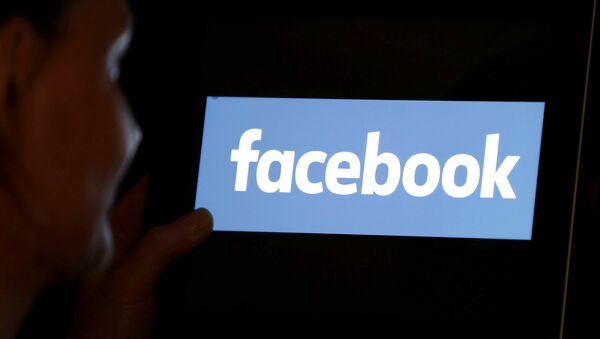Republican senators on Wednesday accused Facebook, Google and Twitter of political bias against conservative views and suppression of free speech, suggesting antitrust action against the tech giants.
Senator Ted Cruz (R-TX), who is also the chair of the Senate Judiciary Committee's Subcommittee on the Constitution, pointed out that many Americans share the opinion that major social media platforms are biased against conservatives. According to Cruz, tech companies abuse their de-facto monopoly to exert censorship and promote left-leaning values.
"If we have tech companies using the powers of monopoly to censor political speech, I think that raises real antitrust issues," Cruz said at a hearing before the subcommittee.
"We do have a political bias issue here," Senator Mike Lee (R-UT) agreed.
"This is a huge, huge problem," Hawley said.
Unsurprisingly, Facebook and Twitter denied all allegations, saying they have no political bias.
Facebook Public Policy Director Neil Potts said the company "does not favor one political viewpoint over another, nor does Facebook suppress conservative speech," reported Reuters.
Carlos Monje, Twitter's public policy director, also said their platform "does not use political viewpoints, perspectives or party affiliation to make any decisions, whether related to automatically ranking content on our service or how we develop or enforce our rules."
Google was absent from the hearing due to a dispute over whether its dedicated representative had sufficient seniority in the company to testify before Congress, Reuters reports. However, Google's parent company, Alphabet, has also denied allegations of political bias.
Senator Mazie Hirono (D-HI) defended the tech companies, claiming the Republican allegations are based on "anecdotal evidence" and saying, "We cannot allow the Republican party to harass tech companies into weakening content moderation policies that already fail to remove hateful, dangerous and misleading content."
The sorting and searching algorithms used by Google and the social media platforms largely remain a black box, as Hawley pointed out. This lack of detail previously led to Google being accused in 2016 of suppressing search results that favored Donald Trump over Hillary Clinton, as well as the notorious "shadow ban" allegations against Twitter, which say the micro-blogging platform removes certain users from search results while not outright banning them.




